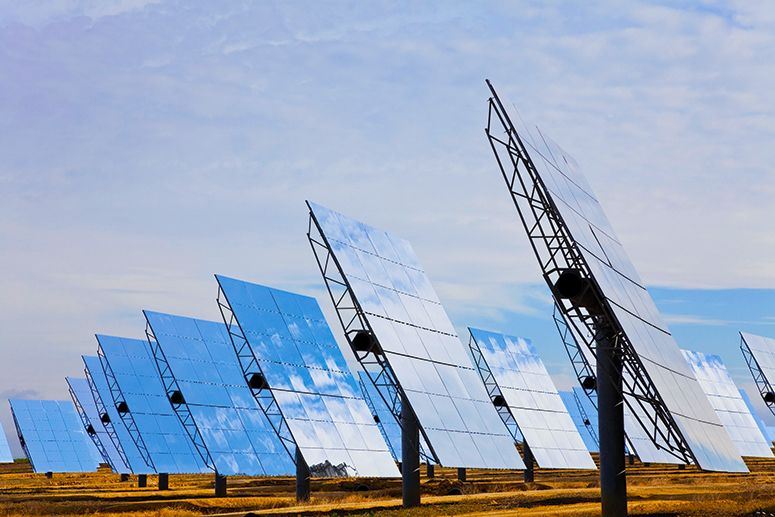Sydney-based energy investment group Tag Pacific has today announced it has won a landmark deal to deliver Australia’s largest energy storage system to be operated alongside the University of Queensland-owned Gatton solar power plant in south-east Queensland.
The battery storage project, valued at around $2 million, was won by Tag’s wholly owned power business MPower, which is also working with Rio Tinto and First Solar in the remote town of Weipa, Queensland, to build an ARENA-supported 1.7MW solar PV project, which will serve a remote bauxite mining operation and could be expanded to 6.7MW
 The newly announced energy storage project, will be grid connected; a slightly different tack for MPower, which has tended to specialise in remote, and off-grid solar plus storage hybrid systems.
The newly announced energy storage project, will be grid connected; a slightly different tack for MPower, which has tended to specialise in remote, and off-grid solar plus storage hybrid systems.
For reasons unclear, neither Tag, nor UQ would confirm Gatton as the location, but it is clear that it is the only project it could be. First Solar is installing the panels for that project too. Gatton is being designed as a new major test centre for solar and storage in Australia.
“Energy storage has been identified by Tag as a high growth market, and we have positioned MPower to be a market leader,” said Tag Pacific CEO and managing director Nathan Wise.
“The awarding of this contract validates Tag’s strategy to focus on emerging areas within the power sector.”
According to a statement from MPower, the contract calls for around 800kwH of lithium-ion battery storage, to sit alongside a multi-megawatt solar power plant that is currently under construction. (Gatton will be 3.2MW).
“What is unique in the MPower solution is the scale, flexibility and capability being built into the management and control systems,” said MPower’s managing director of project, Anthony Csillag. “It allows programmability to cater for a wide variety of scenarios.”
Csillag says the project will demonstrate the viability of energy storage for large-scale solar power plant applications, and the benefits it can provide distribution networks, in the delivery of a predictable, reliable and constant flow of electricity.
“Some power distribution assets are capacity constrained during peak power consumption periods,” Csillag said. “We believe MPower’s energy storage system will be able to offset the peak demand at a fraction of the capital cost involved in upgrading the power distribution infrastructure.”
It’s another reasonably big deal for ASX-listed parent company Tag Pacific, which – as mentioned above – in September landed a deal, again via MPower, to help develop Rio Tinto’s landmark $4 million solar-diesel hybrid project in remote northwest Queensland – the biggest of its kind in Australia.

“By picking up this construction role we have cemented an important first step in the delivery of large-scale solar power projects for the mining sector,” Nathan Wise said at the time.
In an interview with RenewEconomy on Friday, Wise said there would be a lot of people watching the Weipa project, which he said offered a very good reference for what could be done in the mining industry.
“There’s a lot of opportunity (in Australia’s mining industry),” Wise told RE. “The question is how quickly that will come to fruition.”
Wise said that while Tag was working on a large number of opportunities across renewables and energy storage in Australia, a more certain renewables policy would be welcomed.
In the meantime, the company is also looking at opportunities in Australia’s neighbouring Pacific Islands.
‘There’s a fair bit of opportunity there,” said Wise. “We specialise in off-grid, hybrid energy storage and there is more of that kind of hybrid system needed in the Pacific Islands, where you are pricing projects against the cost of diesel.”







